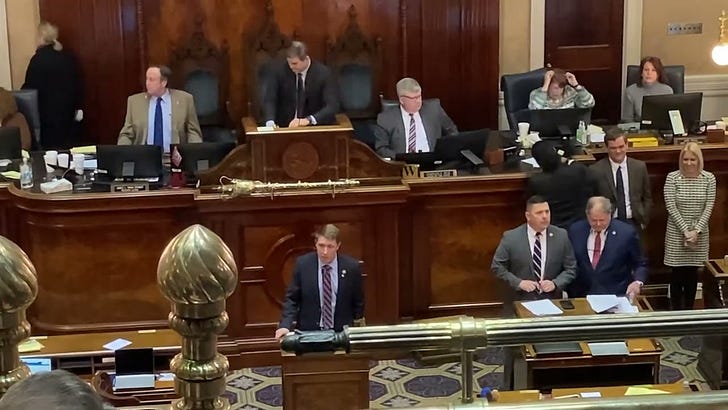This piece and coverage of yesterday’s debates is brought to you by ProTruth South Carolina. For more information on neo-vouchers from ProTruth, click here.
Quick summary: The House Education and Public Works Committee met yesterday to discuss the neo-voucher bill S. 62. The bill was amended to remove the Senate language using state Education Lottery funds to regular general funds (from tax revenue) and to add a trustee appointed by the Superintendent of Education to oversee the funds. Other amendments to add reporting requirements, cap enrollment, and require a pilot study were tabled or withdrawn. The bill was passed, as amended, to second reading.
Discussion about education dominated the South Carolina House yesterday.
In the morning, a bill which seemed headed for easy passage became bogged down in debate and recriminations between factions within the House. The SC House Freedom Caucus opposed language in the bill which would have required the state Department of Education to create…
Keep reading with a 7-day free trial
Subscribe to Other Duties (as assigned) to keep reading this post and get 7 days of free access to the full post archives.



